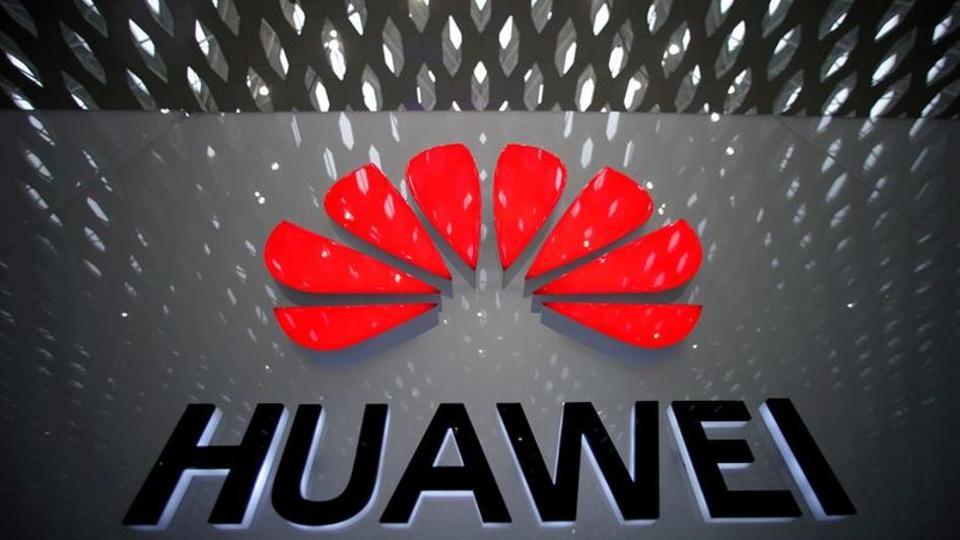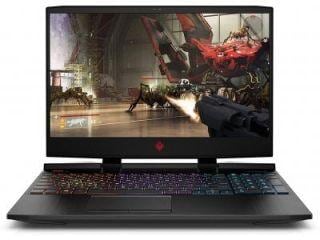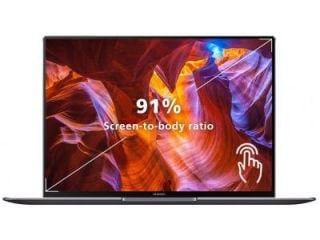Huawei makes end-run around US ban by turning to its own chips
Attempts by the U.S. to persuade European and other allied countries to ban Huawei equipment have not succeeded, and chipmakers in Asia and Europe continue to supply it.

Huawei Technologies Co., the Chinese technology giant barred from doing business with U.S. suppliers, is finding a way around the strict limits imposed by the Trump administration.
The Commerce Department, citing national security concerns, has largely forbidden American companies from selling Huawei the computer chips it needs to make a piece of equipment integral to newly introduced high-speed wireless networks. In response, China's largest technology company ramped up its own capabilities to manufacture the gear, which is known as a base station.
In a sign that the self-reliance is working, Huawei in the fourth quarter sold more than 50,000 of these next-generation base stations that were free of U.S. technology, according to Tim Danks, the U.S.-based Huawei executive responsible for partner relations. That's only about 8% of the total base stations that Huawei's sold as of February, but the company is quickly ramping up at its secretive HiSilicon division to make more of these American component-free devices, Danks said.
"It's still our intention to return to using U.S. technology," he said. The longer Huawei goes without access to U.S. suppliers, the more unlikely it is to be able to return to using them, Danks added.
ALSO READ: Google still wants to work with Huawei, applies to White House for permission
A base station is a typically suitcase-sized piece of machinery that's used to help connect wireless phones to fixed-line networks carrying internet traffic, and it's an essential ingredient in the next, or fifth, generation of mobile networks. Popular among telecommunications providers, Huawei's base stations are widely considered among the most reliable for the price.
U.S. officials accuse Huawei of stealing valuable intellectual property and violating a trade embargo with Iran. The Trump administration blacklisted the company last year, saying there's a risk Huawei could give Beijing access to sensitive data coursing through telecommunications networks that employ its gear. Huawei has denied the allegations. Critics also said the U.S. government imposed the sanctions to hobble China's leadership in key aspects of 5G technology.
As of early February, Huawei had shipped about 600,000 5G base stations to mobile phone companies racing to upgrade networks to the new standard, which is designed to deliver data at faster speeds to a broad range of wirelessly connected devices -- not just mobile handsets. Most of these base stations were made using stockpiled chips bought before the ban.While Huawei doesn't disclose its suppliers, base stations typically rely on a kind of processor called a field programmable gate array that's made by Intel Corp., a chipmaking colossus based in Santa Clara, California, and Xilinx Inc., in neighboring San Jose. Those chips provide flexibility that makes it easier to update machines as new standards and features are added. Huawei's chips are application-specific, meaning they're tailored to particular functions and it takes more time and money to replace them. That's a disadvantage at a time when new technology, such as 5G, is in its infancy and still subject to big changes.
ALSO READ: US wants EU to use 5G by Ericsson, Nokia, Samsung, considered on par with Huawei
The U.S. initially clamped down on all shipments of U.S. supplies to Huawei, which had spent more than $10 billion a year on U.S. products, but later began making some exceptions. Xilinx and fellow chipmakers Micron Technology Inc. and Broadcom Inc. have all reported falling earnings on reduced or eliminated sales to Huawei.
Attempts by the U.S. to persuade European and other allied countries to ban Huawei equipment have not succeeded, and chipmakers in Asia and Europe continue to supply it.
ALSO READ: Reliance Jio doesn't have a single Chinese component, Mukesh Ambani tells Donald Trump
For their part, American chipmakers have argued that banning the supply of parts that Huawei can get elsewhere is counterproductive, saying that the lost revenue crimps research and development budgets and the ability to produce the best chips in the future. Huawei's HiSilicon chip unit designs semiconductors and has them manufactured by industry-leading plants owned by Taiwan Semiconductor Manufacturing Co.
The Chinese company led the market for base stations with a 28% share last year, according to New Street Research. The investment company predicts demand for that equipment will rise this year with the 5G network buildout. Nokia Oyj and Ericsson AB are its two largest competitors in this market.How Huawei Landed at the Center of Global Tech Tussle: QuickTake
--With assistance from Gao Yuan.
Catch all the Latest Tech News, Mobile News, Laptop News, Gaming news, Wearables News , How To News, also keep up with us on Whatsapp channel,Twitter, Facebook, Google News, and Instagram. For our latest videos, subscribe to our YouTube channel.































